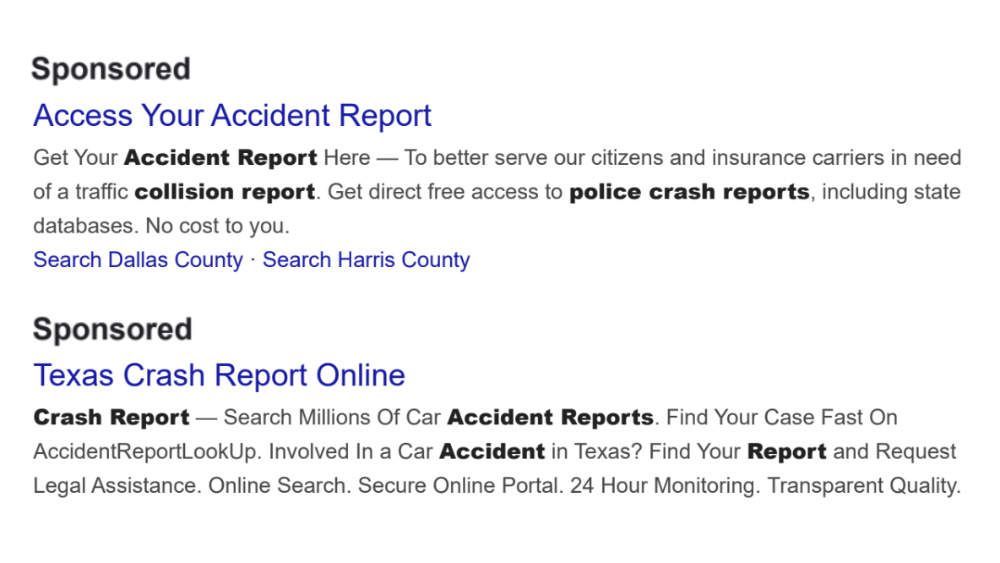Two Important Questions about On the Job Injuries

If you or a loved one is seriously injured or killed while on the job, there are two critically important questions that need to be answered:
- Was the employer a subscriber to Workers Compensation Coverage; and
- Was the injury caused by someone other than the employer or a co-worker?
What is a “Non-Subscriber?”
Under Texas law, if an employer subscribes to Workers Compensation Coverage, the injury claim is subject to a very strict set of rules, and the potentially recoverable damages are strictly limited by statute. However, if the employer does not provide Workers Compensation Coverage for its employees, the employer is considered to be a non-subscriber, and a very different set of rules applies, and a completely different measure of recoverable damages is available.
Why does “Non-subscriber” Status Make a Difference?
Instead of being limited to recovery of medical expenses plus 70% of your average wages during the time you are unable to return to work, the potential damages recovery in a Non-subscriber claim is much higher.
A Non-subscriber claim allows for the recovery of:
- 100% of your lost wages
- future diminished earning capacity due to the injury
- full damages for physical and cognitive impairment
- loss of earning capacity in the future
- pain and suffering
What is a “Third Party” Claim?
Even if an on the job injury claim is subject to the damages limitations of Workers a Compensation Coverage, your attorney should evaluate the potential for a “Third Party” claim. A Third Party claim is a claim against a person or entity, other than the employer, for causing your on the job injury.
If you or a loved one is injured or killed in an on the job injury, your attorney should assess whether another company, or a defective product, or another person (other than your co-worker) is responsible for the injury.
Are Third Party Claim Damages Limited like Damages in Workers' Compensation Claims?
No. Third Party claims are not subject to the statutory damages limitations of the Workers Compensation Act. Third Party claims are brought under the common law—typically under theories of general negligence or predicts liability.
Therefore, the full extent of actual damages may be pursued, including:
- past and future medical expenses;
- full past and future pain and suffering;
- Past and future physical and cognitive impairment;
- past lost wages;
- loss of future earning capacity; and
- mental anguish.
Examples of Third Party Claim Situations
The following types of injury situations give rise to a Third Party claim:
- Injury caused on a job site by an employee of a different company, such a sub-contractor, the general contractor, the customer, or the premises owner of the job site
- Injury caused by a motor vehicle collision while you are on the job—even though the injuries are covered by Workers Compensation Coverage
- You may also bring a Third Party claim, seeking full recovery for all of your injuries, in addition to the statutorily limited damages recoverable under the Workers Compensation Act.
If you or a loved one is seriously injured in the job, a Board Certified Person Injured Trial Attorney can evaluate whether the full value of your damages is recoverable under a Non-subscriber or Third Party claim.
The lawyers at Wham & Rogers can help with your claim. Call us at 832-592-1108, or fill out the form on our contact page.
The information in this blog is not, nor is it intended to be legal advice. You should contact an attorney for advice regarding your individual situation. Contacting us does not create an attorney client relationship. Please do not send any confidential information to us until such time as an attorney client relationship has been established.


The information on this website is for general information purposes only. None of the information on this site should be taken as legal advice for any individual case or situation. This information is not intended to create, and receipt or viewing does not constitute, an attorney-client relationship.

















